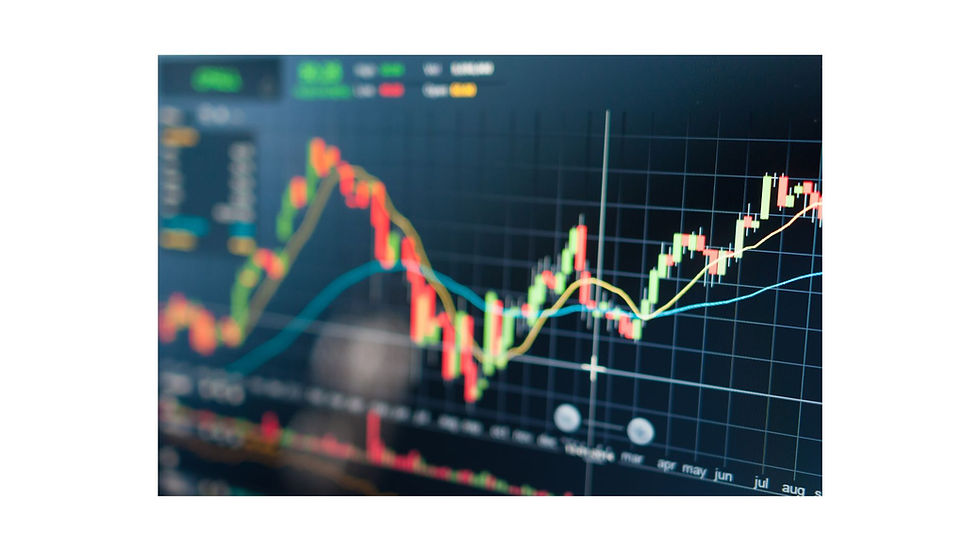Long-Term Payoffs
- Shannon Davis

- Oct 23, 2024
- 2 min read

How Small Efforts Lead to Big Wins
I’m passionate about fitness—whether it’s clean eating, working out, walking, hiking, or just staying active. It’s more than a hobby for me; it’s my way of finding peace, clearing my mind, and boosting my mood. But when I first started lifting weights, I didn’t see results right away. In fact, it took years of consistently showing up, tweaking my routines, and slowly increasing the weights I used. Each small effort built upon the last, and over time, I saw the change.
Running was no different. In the beginning, I could barely make it 400 meters without stopping. But I stuck with it—alternating between walking and running—and, bit by bit, my endurance improved. The progress didn’t happen overnight, but it did happen. Interestingly enough, I’ve noticed that skipping out on these habits sets me back much faster than the progress comes.
This idea of slow, steady growth applies to more than just fitness. Take saving money, for example. Saving is like building strength; at first, your savings grow slowly, just like muscles don’t bulk up after a few workouts. But if you consistently put a little money aside, your financial “muscle” will grow, thanks to the power of compounding.
Saving regularly, even in small amounts, is like planting a tree. At first, the growth is slow, almost unnoticeable. But with time, that growth picks up speed. The same is true for fitness—what starts off feeling hard becomes easier as your body adapts and gets stronger.
However, just like neglecting your workouts, if you stop saving, you lose progress. The tree you planted won’t thrive without care, and both your health and finances will struggle without consistent attention.
As I mentioned earlier, it feels like the losses hit harder than the gains. If I slip up on clean eating or skip workouts, I see the effects quickly—whether it’s a higher number on the scale or tighter clothes within days. Most of us have experienced a similar feeling when the stock market drops. Losses tend to feel heavier than the gains. And there’s truth to that.
Think of it this way: If I have $100 and lose 50%, I’m down to $50. To get back to that original $100, I don’t just need a 50% gain—I actually need to double my money with a 100% gain. That’s why setbacks in both fitness and finances can feel so impactful.
So, what’s the takeaway? Whether you’re working toward a stronger body or a healthier bank account, the same rule applies: patience and consistency are key. Every small effort counts. Keep watering your financial tree, stay active, and remember—your future self will thank you for the work you’re putting in today.



